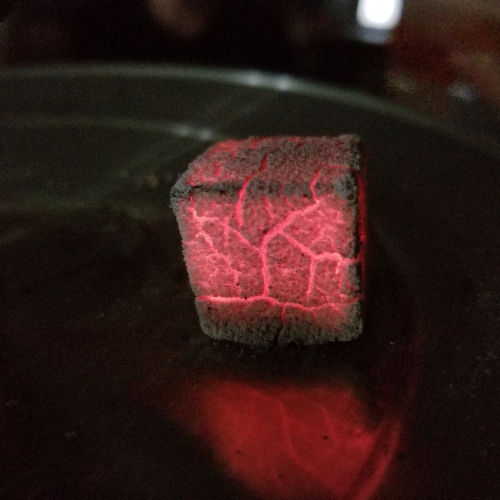In a world increasingly conscious of sustainable practices, charcoal briquettes have emerged as a promising solution for efficient and eco-friendly energy utilization. Composed of a blend of charcoal dust, waste materials, and binding agents, these compact blocks offer a range of advantages that extend far beyond conventional fuel sources. This article delves into the versatility of charcoal briquette and the role they play in shaping a greener and more sustainable future.
1. Efficiency Redefined
Charcoal briquette are renowned for their unparalleled efficiency in heat production. Their consistent composition and controlled manufacturing process result in prolonged and uniform burning, making them an ideal choice for various applications. From grilling to industrial heating, charcoal briquette provide reliable and consistent energy output.
2. Eco-Friendly Composition
An essential characteristic of charcoal briquette is their eco-conscious composition. By utilizing waste materials and repurposing charcoal byproducts, these briquettes contribute to waste reduction and promote responsible resource management. This approach aligns perfectly with global sustainability goals, making charcoal briquettes a conscientious choice.
3. Reduced Emissions, Enhanced Sustainability
Charcoal briquette controlled combustion process translates to reduced emissions compared to traditional fuel sources. Their cleaner burn minimizes the release of harmful pollutants and greenhouse gases, ultimately contributing to cleaner air and a healthier environment.
4. Versatile Applications
Beyond their culinary use, charcoal briquette showcase remarkable versatility. Their efficient heat production and consistent burning profile make them suitable for a wide range of applications, including industrial processes and heating solutions. This adaptability underscores their potential as a game-changer in various sectors.
5. Economic and Community Benefits
Charcoal briquette offer economic viability on multiple fronts. The utilization of waste materials as raw inputs keeps production costs manageable, leading to affordable energy solutions. Additionally, their longer burning duration translates to less frequent refueling, saving both time and resources. This advantage is especially significant in local economies, where decentralized production can foster employment opportunities and community growth.
